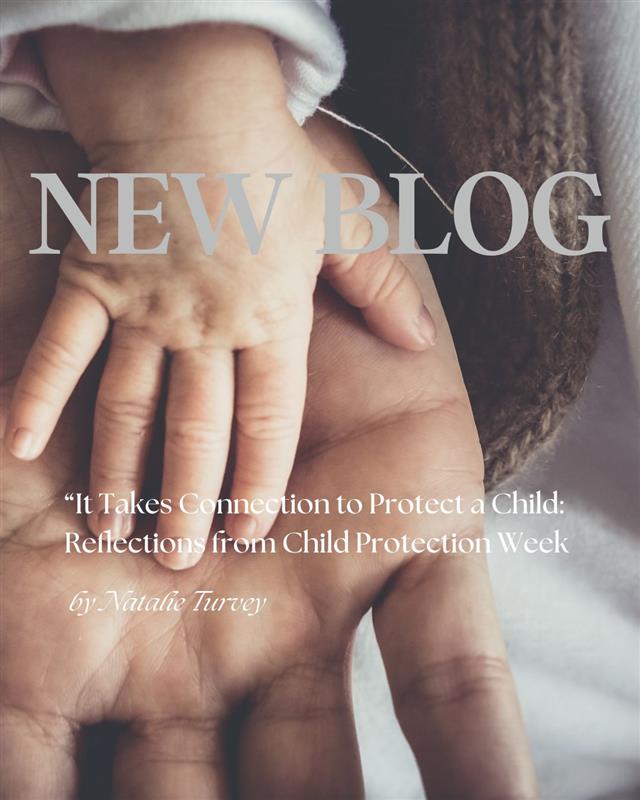What is Separation Anxiety in Children?
Separation anxiety is children’s fear of being away from their parents or carers. Separation anxiety is a common part of children’s development. It’s a primitive instinct that leads babies to develop fears as they become more mobile so they don’t get lost or separated from their family. It can start at around 8 months and reach its peak in babies aged 14-18 months. It usually goes away gradually throughout early childhood. When separation anxiety continues into school aged children, and the anxiety of being away from their parents or carers is persistent and excessive, then this may mean a child fits criteria for Separation Anxiety Disorder.
What is the DSM-5 Criteria for Separation Anxiety Disorder?
Inappropriately excessive fear/anxiety concerning separation from those whom the child is attached, evidenced by at least 3 of the following:
- Persistent and excessive worry around loosing, or possible harm coming to, attachment figures.
- Excessive worry around experiencing an event that causes separation (e.g. getting lost or kidnapped).
- Reluctance or refusal to go out away from home due to fear of separation.
- Fear of, or reluctance around, being alone/without attachment figure at home or elsewhere.
- Reluctance or refusal to sleep away from home or sleep without being near to attachment figure.
- Nightmares around separation.
- Complaints of physical symptoms (e.g. headaches, stomach-aches, nausea) when separation is anticipated or occurs.
There is an evident impairment to functioning (i.e. impacting school, social life, engagement in hobbies).
Duration: Symptoms are present for at least 4 weeks in children and adolescents.
Prevalence:
About 4% of pre-schoolers and school-age children may develop this condition.
Treatment:
Like most anxiety disorders, Separation Anxiety Disorder is treatable and usually not life-long. The most evidence-based intervention for Separation Anxiety is Cognitive Behavioural Therapy, incorporating exposure to anxiety-provoking events. Treatment goals include:
- Tolerate separation from attachment figures without exhibiting heightened emotional distress, regressive behaviours, temper outbursts, or pleading.
- Reduce the physical complaints associated with separation.
- Manage night-time fears effectively as evidenced by remaining calm, sleeping in own bed, and not attempting to go into the attachment figure's room at night.
- Resolve any core conflicts or traumas contributing to the emergence of the separation anxiety.
- Participate in extracurricular or peer group activities and spend time in independent play on a regular, consistent basis.
- Parents maintain appropriate parent-child boundaries and set firm, consistent limits when the client exhibits temper outbursts or manipulative behaviours around separation points.
Tips for Parents:
- Gentle encouragement, practice and praise.
- Firmly and calmly maintain boundaries. Be consistent by doing what you say you will do.
- Avoid avoiding. Avoiding anxiety provoking situations keeps the anxiety alive.
- Empathetically ignore excessive complaining.
- Modelling. If a parent is anxious and copes by avoiding situations, then a child may learn this is how to handle fears.
- Allow your child to be their own hero. It’s natural to want to protect your child when they are scared and worried. But sometimes, this helping behaviour allows the child to avoid and learn “I cannot handle this by myself”.
- Allow your child to be their own compass. Try to not tell them exactly how to handle a situation. Children often learn best by making their own mistakes.
- Prompt and reward courageous behaviour.
- Avoid excessive reassurance. When your child begins to get scared at times the fear is excessive, high levels of reassurance can send the message that there really is something awful to be scared of.
- Connect to redirect. Acknowledge your child's feeling through listening and showing empathy, then redirect them to problem solving the situation.
- Look after yourself! Supporting a child through treatment can be tough, so make sure you are engaging in support and looking after your mental health.
Separation anxiety can be distressing for both children and parents. If you and your child need some support with separation anxiety, please don't hesitate to reach out to us to arrange a session with one of our psychologists.


.png)





